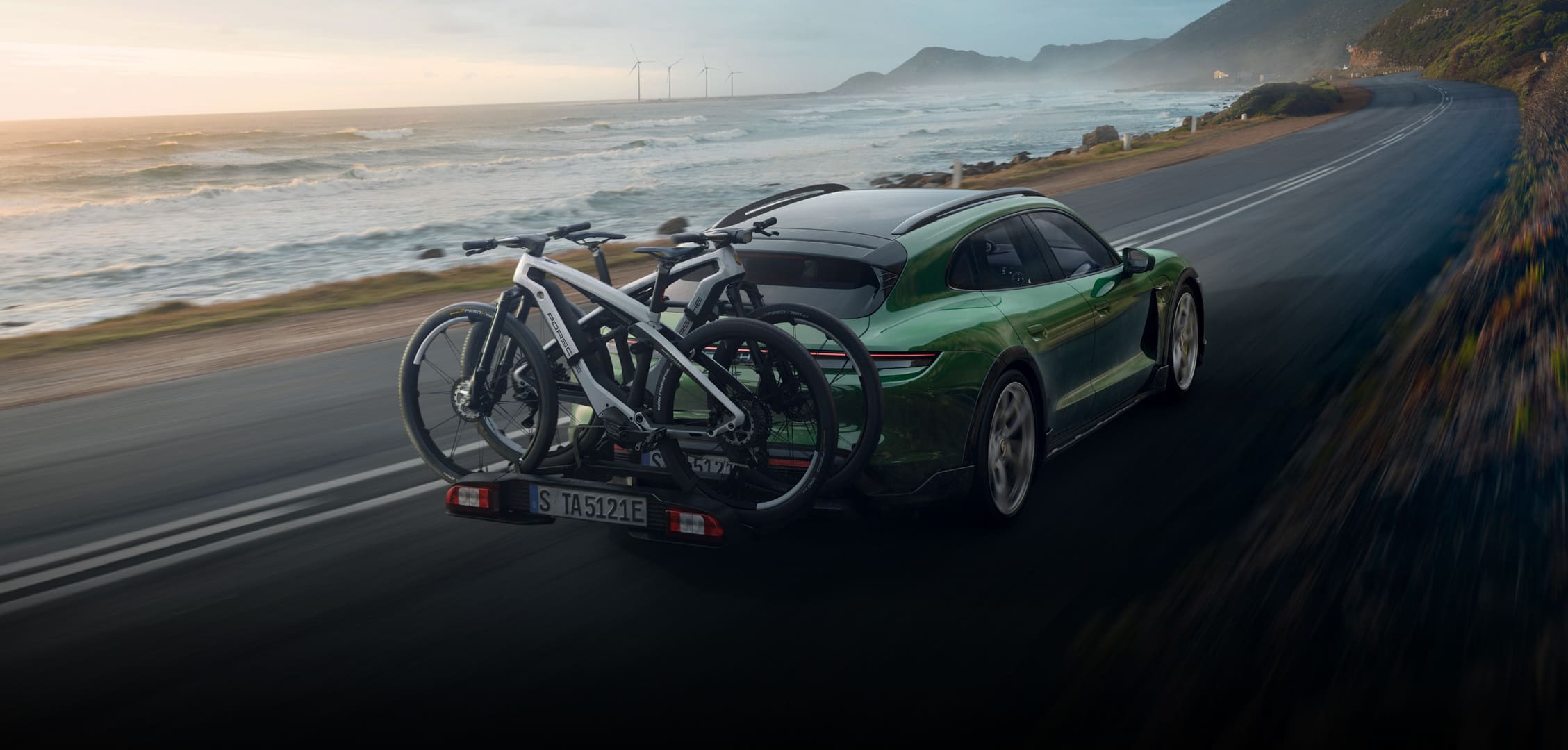Die E-Bike-Ambitionen der Automobilhersteller: Eine Reise voller Erfolge und Misserfolge

Bild: Porsche
Dass große Automobilhersteller in die Welt der Elektrofahrräder einsteigen, ist nicht so neuartig, wie man vielleicht denken könnte. Obwohl die E-Bike-Branche floriert und spezialisierte Fahrradhersteller jährlich Millionen von Einheiten verkaufen, hatten die Automobilriesen in der Vergangenheit Schwierigkeiten, ihr Know-how in Fahrzeugdesign und -produktion auf den E-Bike-Bereich zu übertragen.
Elektro-Zweiräder sind kein Nischenmarkt; sie stellen weltweit die größte Kategorie von Elektrofahrzeugen dar und weisen Wachstumsraten auf, die alle anderen Elektrofahrzeugsegmente übertreffen. Trotz des Potenzials, die urbane Mobilität zu verändern, war der Weg der Auto- und Motorradhersteller in den E-Bike-Bereich eher von Herausforderungen als von Erfolgen geprägt.
Von Branchenlegenden wie Lee Iacocca in den 1990er Jahren bis hin zu modernen Automobilgiganten waren die Versuche, erfolgreiche E-Bike-Modelle zu entwickeln, stets mit harten Bandagen verbunden. Iacoccas E-Bike „EV Global“ war ein Pionierprojekt, das trotz seiner für die damalige Zeit innovativen Eigenschaften keinen kommerziellen Erfolg hatte, da sich der Automobilvertrieb nicht an die einzigartige Marktdynamik von E-Bikes anpassen konnte.
Ähnlich erging es anderen führenden Automobilherstellern, darunter Ford und Harley-Davidson , die entweder nur begrenzten Erfolg hatten oder ihre E-Bike-Projekte letztlich veräußerten. Im Gegensatz dazu gelang es Unternehmen wie Yamaha, sich eine Nische im E-Bike-Sektor zu erobern, allerdings oft durch die Trennung ihrer E-Bike-Projekte von ihrem Hauptgeschäft im Automobilbereich.
Der Kern des Problems liegt, wie Branchenveteranen feststellen, in der kulturellen und operativen Trennung zwischen Entwicklung und Vertrieb innerhalb dieser Unternehmen. E-Bikes sind zwar technologisch anspruchsvoll, erfordern aber einen anderen Marketing- und Vertriebsansatz, den die Automobilriesen bisher nur schwer begreifen.
In den letzten Jahren hat sich die Strategie hin zu Lizenzpartnerschaften verlagert. Automobilmarken kooperieren dabei mit etablierten E-Bike- und Elektromobilitätsunternehmen, um Modelle unter ihrem Markennamen zu produzieren. Dieser Ansatz ermöglicht es Automobilunternehmen, ihren Markennamen zu stärken und gleichzeitig auf die Expertise engagierter E-Bike-Hersteller zu setzen.
Dennoch träumen einige Automobilhersteller weiterhin von der eigenen E-Bike-Produktion. Porsches Übernahmewelle bei E-Bike-Unternehmen undRivian mit seinem wachsenden E-Bike-Entwicklungsteam signalisieren ein anhaltendes Interesse an der Branche und deuten auf das Potenzial für zukünftige Durchbrüche hin.
Während die Grenzen zwischen Automobil- und Fahrradindustrie immer mehr verschwimmen, bleibt der Weg der Automobilhersteller in den E-Bike-Markt eine faszinierende Geschichte. Er veranschaulicht die Herausforderungen, die mit der Anpassung traditioneller Automobilmodelle an die sich schnell entwickelnde und deutlich veränderte Landschaft der elektrischen Zweiradmobilität verbunden sind.
Trotz früherer Rückschläge zeigt die Beharrlichkeit dieser Unternehmen, dass sie die Rolle des E-Bikes in der Zukunft des Transports erkannt haben. Mit dem technologischen Fortschritt und der Verlagerung der Verbraucherpräferenzen hin zu nachhaltigeren und flexibleren Mobilitätslösungen wird die Aussicht auf erfolgreiche E-Bikes der Automobilhersteller immer plausibler.
Für Enthusiasten und Verbraucher unterstreicht diese sich entwickelnde Geschichte das Potenzial für Innovation und Zusammenarbeit zwischen den Branchen und bietet einen Einblick in eine Zukunft, in der die Synergie zwischen automobilem Können und Fahrrad-Erfindergeist die städtische Mobilität neu definieren könnte.